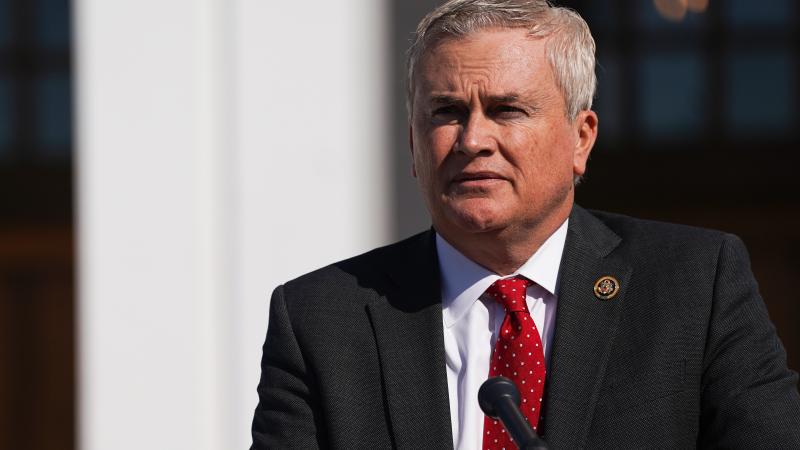Industry group says Biden admin's proposed rules for hydrogen tax credits will hurt, not help growth
The proposed rules have restrictions on the amount of tax credits that can be received and what facilities are eligible for the highest amounts.
A hydrogen industry group says the proposed Treasury Department rules released Tuesday on companies claiming tax credits for the production of clean hydrogen are unnecessarily burdensome and threaten the burgeoning industry.
”The guidance announced today by the Biden-Harris administration will place unnecessary burdens on the still nascent clean hydrogen industry,” Frank Wolak, president and CEO of the Fuel Cell and Hydrogen Energy Association, said about the proposed rules that have a number of restrictions on tax credit eligibility and limitations.
Hydrogen can be produced from water, natural gas or even coal, and the carbon emissions from the process vary. The Inflation Reduction Act, signed into law in August 2022, earmarked up to $100 billion in tax credits for hydrogen production, according to Fox News.
The proposed rules will, if finalized in their current form, provide four tiers of credits based on the carbon intensity of the hydrogen production.
The most carbon-intensive processes receive the lowest tiers ($0.60 per kilogram of hydrogen produced), and the least carbon-intensive process can receive as much as $3 per kilogram.
The highest tier is for hydrogen produced with water, using electricity from wind and solar, but only facilities that came online within the last three years are eligible.
The electricity must also be produced within an hour of any hydrogen produced using that electricity. Additionally, the hydrogen must be produced using electricity made in the same region.
Energy Secretary Jennifer M. Granholm in announcing the proposed rules lauded the effort.
“Today's announcement will further unprecedented investments in a new, American-led industry as we aim to lead and propel the global clean energy transition,” she said.
In addition to being critical of the proposed rules, Wolack's group also argues the intent of Congress when passing the act in 2022 was to boost domestic, clean-hydrogen production and help the U.S. become competitive in the global market.
“The nation needs common sense solutions for this tax credit that are aligned with the congressional intent to spur robust economic development and create jobs while reducing carbon emissions,” he said.
The proposed rules are available for public comment for 60 days.
















